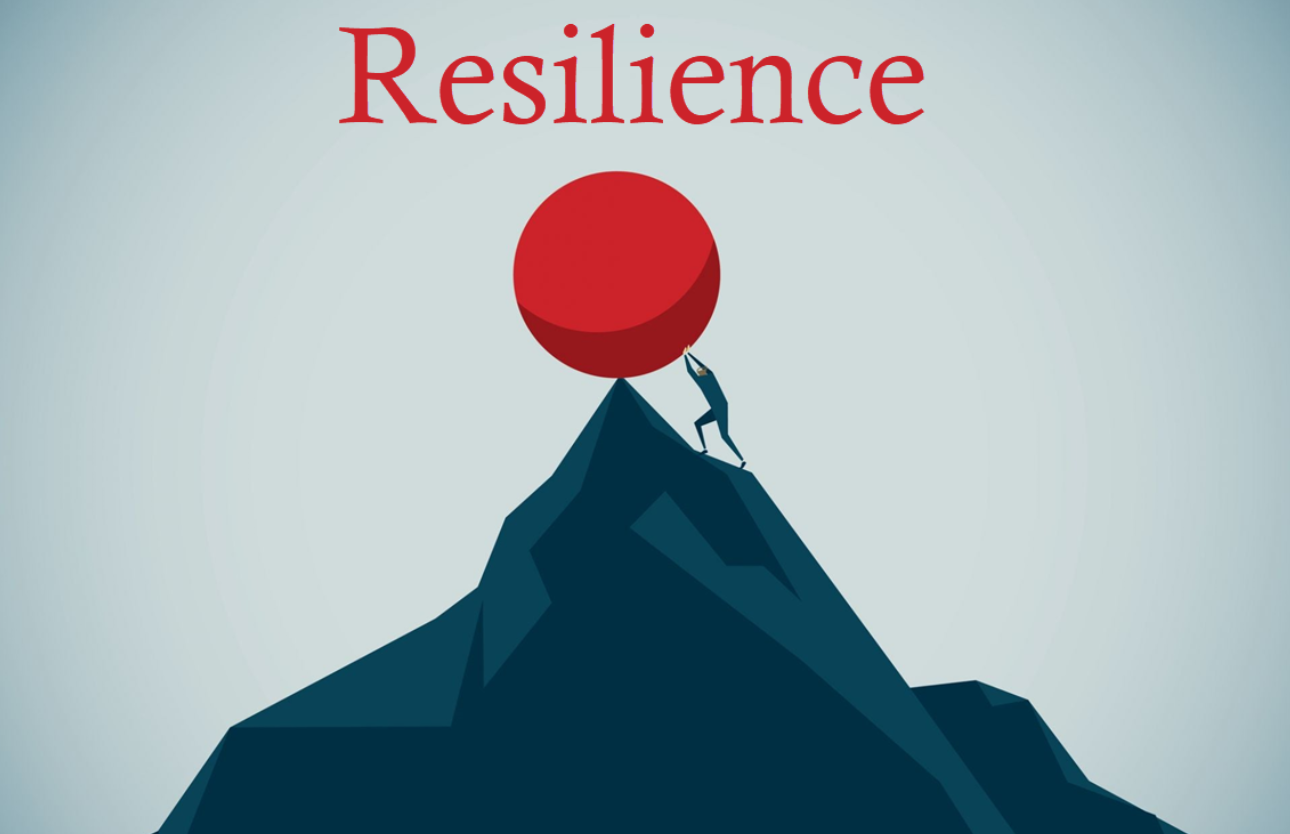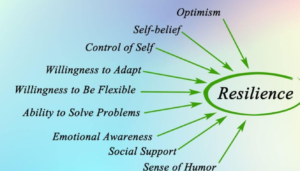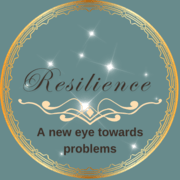
Resilience is the ability to adapt and bounce back in the face of adversity. It’s that inner strength that allows us to navigate challenges, overcome setbacks, and emerge stronger. In today’s ever-changing world, where unexpected obstacles are a constant reality, fostering resilience is crucial for both personal and professional success.
Resilience isn’t about being immune to hardship. Everyone experiences challenges, loss, and disappointment. What separates resilient individuals is their capacity to process these experiences, learn from them, and move forward with a positive outlook. Several key factors contribute to a robust resilience.

Psychological Factors:
- Optimism: A positive outlook allows you to see challenges as temporary setbacks rather than insurmountable obstacles. This optimistic lens fosters a “can-do” attitude and fuels the belief that you can find solutions.
- Self-Efficacy: This refers to your confidence in your abilities to cope with challenges. Developing self-efficacy involves acknowledging your strengths, accomplishments, and past successes. This builds trust in your own resourcefulness and ability to navigate difficulties.
- Acceptance: Resisting reality can prolong suffering. Accepting difficult situations allows you to focus your energy on what you can control – your response to the situation.
Emotional Factors:
- Emotional Regulation: The ability to manage your emotions effectively is critical for navigating setbacks. Learning healthy coping mechanisms like journaling, meditation, or talking to a trusted friend can help you process and release difficult emotions in a constructive way.
- Grit: This refers to the sustained passion and perseverance required to achieve long-term goals. It’s the ability to keep pushing forward despite obstacles and temporary setbacks.
Social Factors:
- Strong Support System: Having a network of supportive family, friends, or a therapist provides invaluable emotional and practical support during difficult times. These connections are a source of strength and encouragement when facing challenges.
- Positive Relationships: Surrounding yourself with positive and resilient individuals can create a “ripple effect” of optimism and can inspire you to persevere through difficulties.
Building Resilience:
The good news is that resilience is not a fixed trait – it’s a skill that can be developed and strengthened. Here are some ways to foster your resilience:
- Practice Gratitude: Reflecting on things you’re grateful for fosters a positive outlook and helps you maintain perspective during challenging times.
- Develop Coping Mechanisms: Experiment with different strategies like exercise, relaxation techniques, or creative pursuits to manage stress and negative emotions effectively.
- Step Outside Your Comfort Zone: Challenge yourself regularly, even in small ways. This builds confidence and expands your capacity to handle the unexpected.
- Learn from Setbacks: Reflect on past challenges. What did you learn? How did you overcome them? Use these experiences as building blocks for future resilience.
By actively nurturing resilience, you invest in your well-being. You equip yourself to weather life’s storms while fostering the mental and emotional strength to navigate whatever challenges may come your way.
